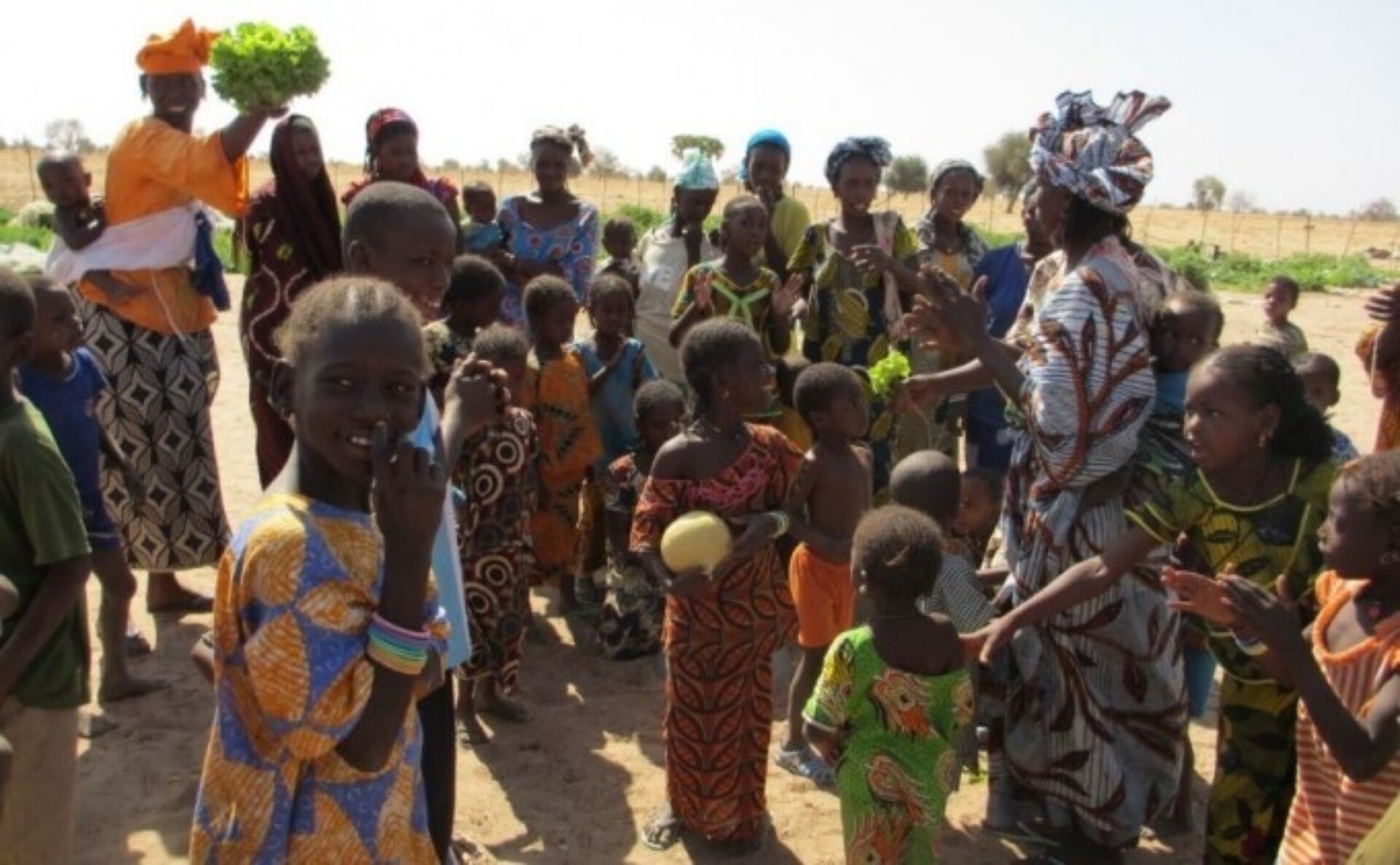
Completed project
Support project for populations living in extreme poverty for the prevention of malnutrition in Senegal (ECHO 3)
July 2016 - January 2017
CAD 730,000
Funder: European Civil Protection and Humanitarian Aid Operations (ECHO)
1,158 households
(8,387 people)
ACTED
FAFD (Fédération des associations du Fouta pour le développement)
Despite the context of economic growth, Senegal is struggling to fight poverty, which, according to the World Bank, is affecting over one third of the 15 million inhabitants of the country. In rural regions, two out of three people are living below the poverty line. The northern part of the country, greatly affected by poverty and suffering from an increase in extreme weather events due to climate change, is living with chronic food insecurity. In an attempt to reduce the population’s vulnerability and to prevent malnutrition in this isolated region, CECI and its partners have offered their support to almost 1200 households during the hunger gap.
An Increasingly Critical Period
The project targeted very poor households with members at risk of malnutrition (with priority to children from 6 to 59 months and pregnant or breastfeeding women). The objective was to cover their basic needs during the 2016 hunger gap and avoid seeing them suffer from nutritional and food insecurity. There is usually no harvest during the hunger gap, which corresponds to the rain season. It now comes later in the year and is shorter, which amounts to greater distress among the population who, by this time of the year, has usually exhausted their food stock (the harvests, while adequate, are not enough to make up for the deficit accumulated in previous years). The support offered through the project came in different forms.
Financial support
In response to this food and nutrition crisis, CECI has sent out unconditional monthly money transfers for the months of July, August and September (distribution in cash of an average of CAD 80 per household, allowing to cover 100% of their basic energy needs). The targeted households, representing over 8300 beneficiaries, were thus able to provide for
their needs locally and by themselves. Before deploying these efforts, a study was conducted across the four main markets of the area in order to confirm the availability of staple foods. The project’s teams monitored the price and availability of these staples throughout the implementation period of the project, making sure the increase in demand did not create any issues (inflation or shortage).
Awareness and Empowerment Actions
In parallel, on each distribution site, sessions were organized for all beneficiaries of the project to build awareness on Essential Family Practises (EFP), such as best practices related to food, hygiene or health. These sessions were successful, as every targeted household now claims to know and use at least three EFPs. At national level, CECI remained involved in the Collectif pour le Renforcement de l’Insécurité Alimentaire et Nutritionnelle au Sénégal (CORRIANS) (1) by, among other things, supporting the organization’s efforts to align and leverage its tools with the other members of the network. CECI also worked with other national agencies in order to strengthen the coordination and implementation of the operations.
CECI and ACTED, like all other partners of CORRIANS, participated in the implementation of the comparative study on selection criteria for the Household Economics Analysis (HEA) and of the Unique National Register (RNU — Registre National Unique) put together by the Délégation générale à la protection sociale et à la solidarité nationale (DGPSN). They also contributed to the national survey on food security for the 2016 Aligned Framework.
(1) In 2015, ACF-E, ACTED, CECI and the Senegal Red Cross came together to constitute the Collectif pour le Renforcement de l’Insécurité Alimentaire et Nutritionnelle au Sénégal (CORRIANS). Their objective is to favour the development of a common and structural response to the recurring crises affecting the food security of Senegal’s poorest families and the leveraging of best practices.
Among other things, CORRIANS wishes to strengthen the ties between emergency relief and longer term poverty reduction initiatives, such as those included in the Plan Résilience Pays (PRP) or in the European Union’s AGIR (Global Alliance for Resilience Initiative) strategy, supported by ECHO, with the aim of finding a permanent solution and breaking the emergency cycles.
Results that count
1580
children aged 6 to 23 who received dietary supplements.
3027
children aged 6 to 59 screened for malnutrition
102
acute malnutrition cases (moderate or severe) detected, referenced and treated for children aged 6 to 23 months
211
talks organized around nutrition, vitamins or basic hygiene practices, allowing to sensitize 3,212 beneficiaries (including 2,821 women), during the three distributions